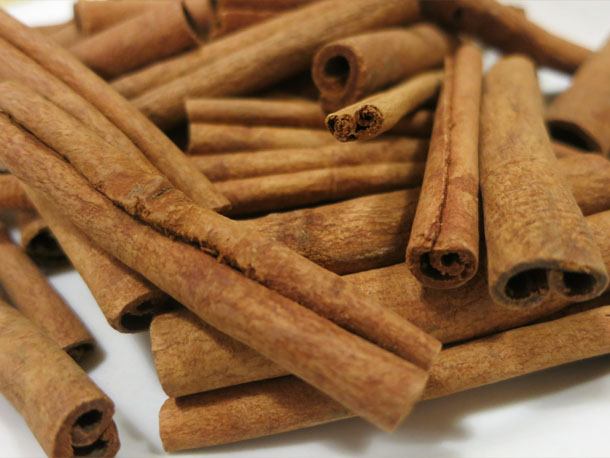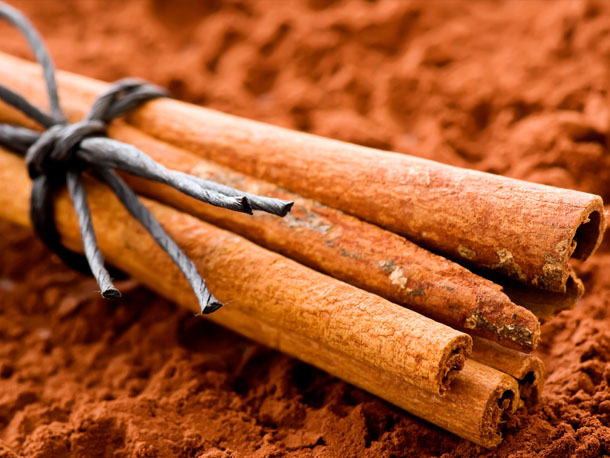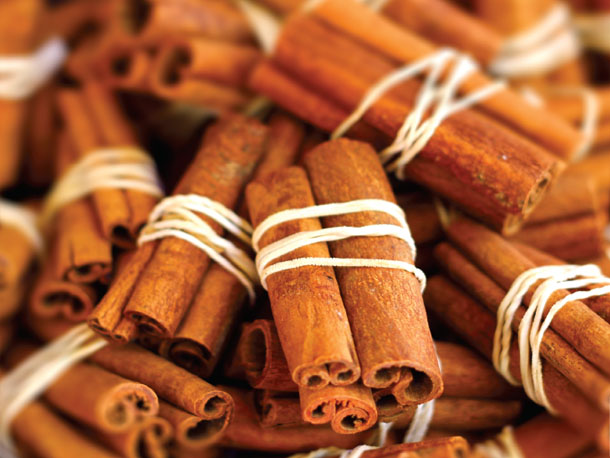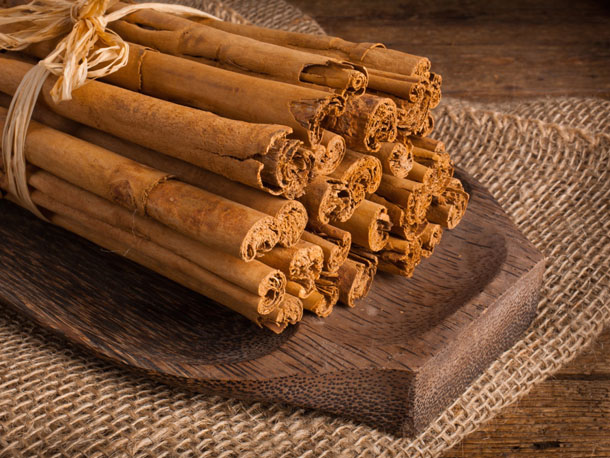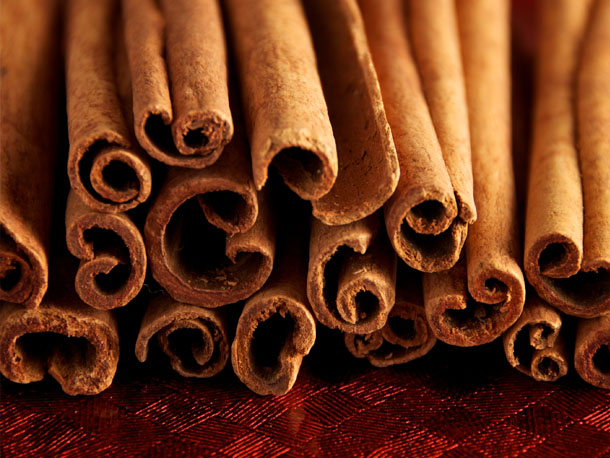Indonesian cassia prices seen maintaining stable pattern
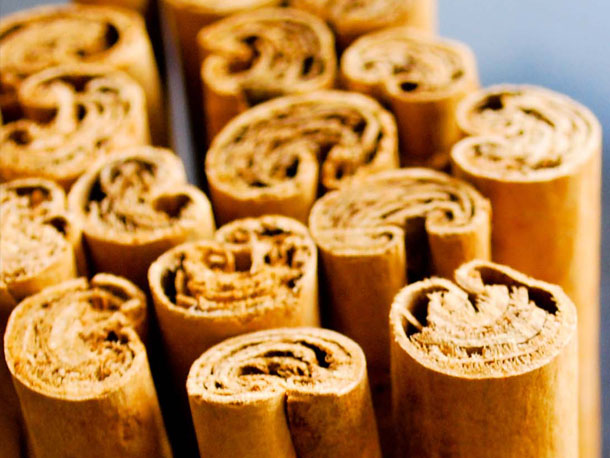
Indonesian cassia prices have eased over the last few months and are expected to hold a stable pattern for the time being.
Supply looks set to be plentiful this year but the peak months of supply are approaching so a state of equilibrium is expected.
Patrick Barthelemy, founding member of Cassia Co-op, told that the rainy season is going strongly in Kerinci but there is an abundant volume of cassia being harvested and brought down the mountains.
“The raw material cost is stable and we see more and more farmers planting cassia trees – a phenomenon that had not occurred in the last 20 years,” he added.
Barthelemy noted that export prices on the item are reflecting this good supply, with certain grades easing by about 5-10% over the last two months.
He indicated broken and cleaned cassia at around USD1,850 per tonne c&f Rotterdam or New York.
Cassia sticks of supermarket quality – known as the Vera AA quality – would be in a range of USD3,800-3,900/tonne c&f, Barthelemy revealed.
Demand is seen as stable. “It is not the peak season now. The peak season always starts in June or July and then runs to September,” Barthelemy said.
Barthelemy, who was in Kerinci when he explained that he had seen regular days of sunshine in the morning followed by a spell of rain in the afternoon.
“There is no short term shortage,” he remarked. “We expect the rest of the year to be stable. We don’t expect a peak of price because of a lack material, so if there is a shortage it will not be in 2015. After 2015, it is everybody’s guess.”
On balance, it is felt that Indonesian farmers will be reluctant to make any further cuts to prices. To help alleviate any downward pressure they might opt to hold back some material, Barthelemy suggested. Either way, they will want to avoid seeing prices drop back to 2014 levels.
Indonesian cassia farmers are making a much better living from the item this year, with local prices averaging IDR14,000-15,000 (USD1.05-1.12) per kilo, compared with less than IDR10,000/kg in 2014. In some instances, local prices last year were as low as IDR8,000/kg.
Cassia Co-op is currently constructing two new buildings at its facility in Kerinci. One of these buildings will be to increase its production capacity while the other will enable the start of distillation of cassia oil.
The first production batch on the latter is scheduled for April.
Barthelemy added: “Our inter cropping pilot programme is picking up steam and farmers are on a waiting list to obtain patchouli seedlings provided by our ICS team.”
In addition, Cassia Co-op’s current group of 1,200 certified farmers is expected to increase to more than 2,200 by the end of the year.

